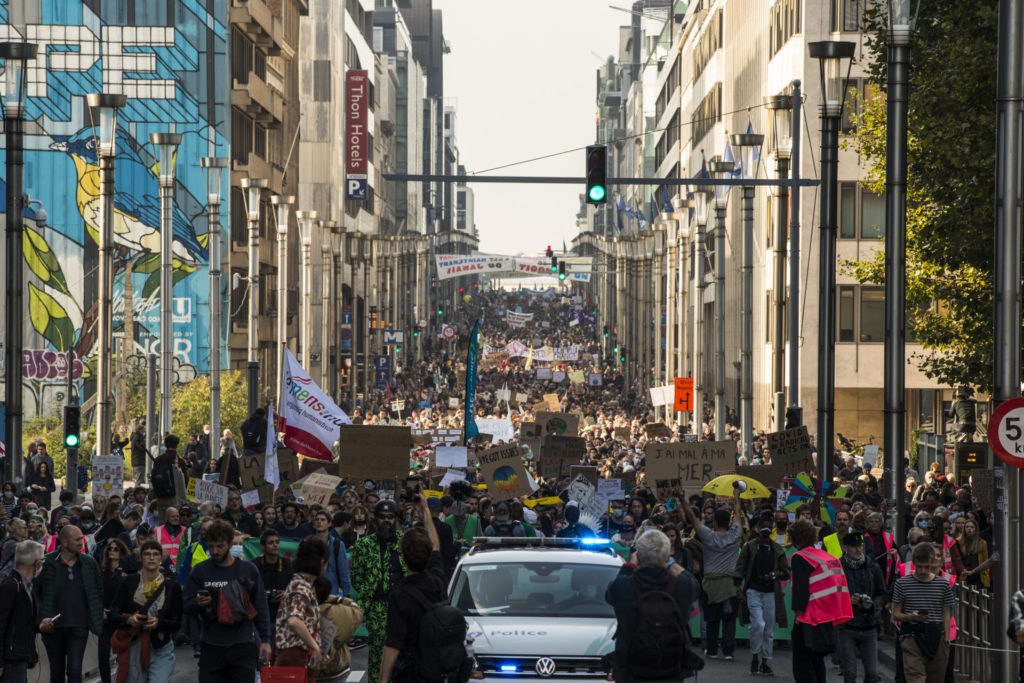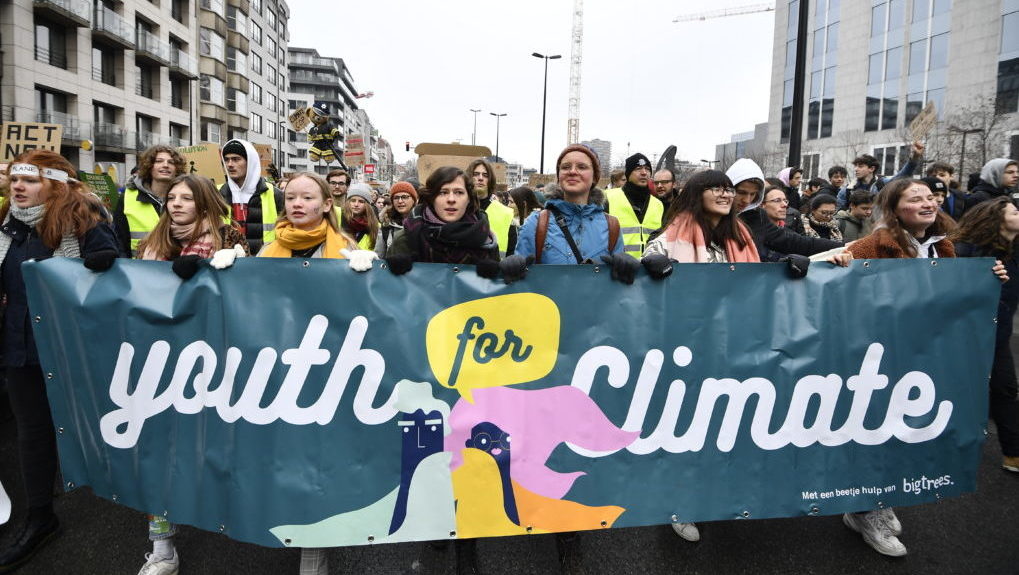This Sunday 31 October marks the first day of the United Nations Climate Change Conference (COP26), which sees delegates of almost 200 countries convening in Glasgow to agree on how to cut global greenhouse gas emissions and avoid climate breakdown.
From today until Friday 12 November, the summit will be the centre of media attention as world leaders make decisions whose repercussions will be felt by future generations. As well as heads of state, some 25,000 aides and officials will be present and a series of intense discussions is scheduled for the days to come.
However, although this has been branded a pivotal moment in world climate policy, many are sceptical about its chances of producing concrete results. UK Prime Minister Boris Johnson, who is hosting the event, could muster only token optimism when pressed on the matter, stating that it "hangs in the balance" and rated the chances of the conference's success as a very conservative "six out of ten."
And with all of the previous 25 grand international climate conferences failing to appease the global appetite for fossil fuels, the precedent for pessimism is clear.

The climate march in Brussels in October. Credit: Arnaud Ghys/ Klimaatcoalitie
To this end, many grassroots movements of climate activists are exasperated by the bombastic "blah blah blah" of world leaders, whose hollow commitments are quickly identified as hot air and posturing. The acute lack of political will to seriously confront climate change has already seen climate protests around the world and, though expectations are low for the success of COP26, thousands of activists see the conference as a chance to capture media attention and broadcast their message around the world.
Alongside the throngs of delegates, activists from the UK, Europe, and beyond have descended on Glasgow in an effort to hold world leaders to account and stage their own discussions in parallel to the official schedule. Organisers are expecting huge demonstrations and predict that next Friday's will rally over 100,000 supporters.
From Belgium, a group of grandparents has made the journey to Glasgow by train and on foot. One of the group, Dirk Van Esbroeck, told AFP that "We are waiting for more ambitious measures and want political leaders to wake up to the urgency of the situation for our children and grandchildren. They will live in a very difficult world that will be shaken by climate change."
Van Esbroeck spoke of the gap that must be bridged between declarations and deeds: "Between the words and action there is a huge step to take."
Related News
- COP26: Over 200 participants board the climate train in Brussels
- Belgian grandparents to walk across Scotland for COP26
- Disastrous year for Belgian beekeepers
Others, too, have made huge journeys as a testament to their commitment to a greener future. Becky Stockes is a 31-year-old translator who walked to Glasgow from Spain. Speaking to AFP, she said that the climate talks represented "a final chance to take tangible measures".
Time is, indeed, running out as climate crises happen with increasing frequency and world temperatures rise. Nasa found 2020 to be the hottest year on record; the top ten hottest years have all fallen between 2005 and 2021.
The planet is now over 1.1 °C hotter than pre-industrial levels and this is rising exponentially. Since the 2015 Paris Agreement, the aim has been to limit global warming to 1.5 °C by the end of the century. We are currently on track for at least 2.7 °C.
10,000 police officers will also be present at the event, arriving from across the UK. According to the Scottish police, this represents the largest ever law and order operation in Scotland.

